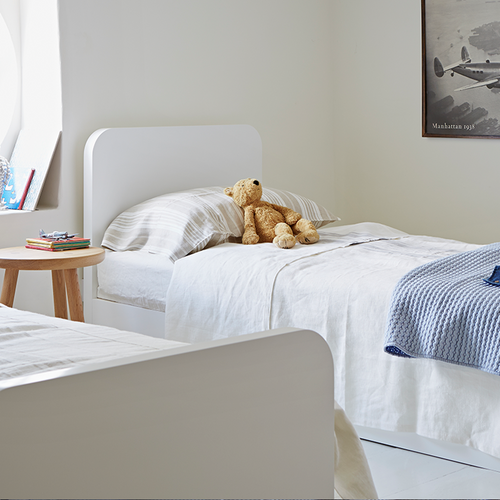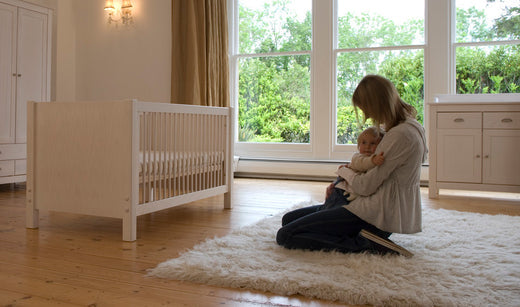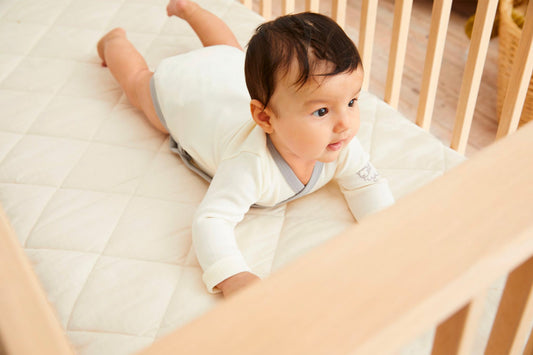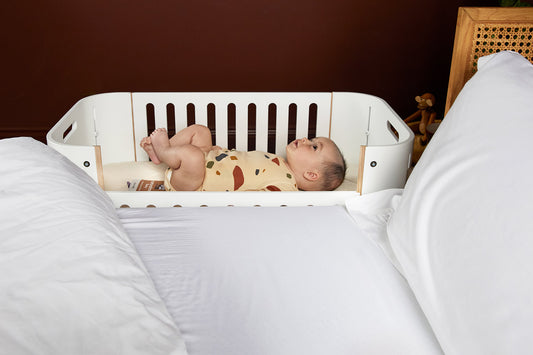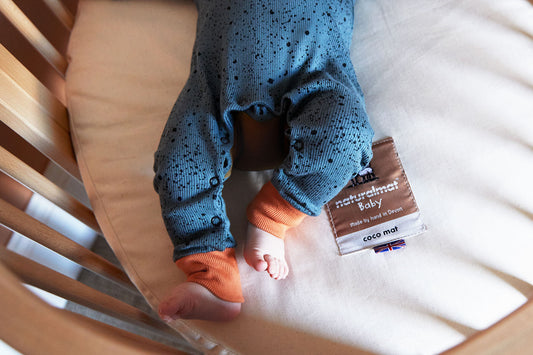At each stage of life we have different sleep patterns. But at all stages we sleep in cycles. During each complete cycle we experience light sleep, deep sleep and dream sleep (REM sleep). In between cycles, we wake briefly, survey the environment then return to sleep although we may not be conscious of doing this.
Our sleep is driven by our circadian rhythm which is regulated by light and dark, and our sleep drive which increases the longer we are awake.
Children
Children aged one to three years need 12-14 hours of sleep a day including daytime naps of around one to three hours. By 18 months most children have dropped the morning nap but the afternoon one will continue until two and a half to five years of age. Sleep duration drops to 11-13 hours in the pre-school years as the afternoon nap is no longer needed, then to 10-11 hours between the ages of five and twelve. By this age, the sleep cycle is the same as an adult’s at 90 minutes.
Although sleep after the first year is less fragmented, roughly 25 % of children under five years old are reported to have sleep problems. Common problems are bedtime resistance, getting out of bed, waking in the night, nightmares, night terrors, bedwetting, growing pains, sleep walking and teeth grinding, with some of these problems seen in children up to the teenage years. Many of these problems tend to arise or get worse with stress and sleep deprivation so sticking to a regular, relaxing bedtime routine will help, as will talking about the problem. Other contributing factors are the drive for independence, the development of imagination and an increase in motor, cognitive and social skills.
During the ages of eight to twelve there are increasing demands from school, extracurricular and social activities, and increased screen usage which all lead to sleep problems such as bedtime resistance, difficulty getting to sleep, sleep anxiety, and reduced sleep duration. These problems can impact on mood, behaviour and academic performance.
Teenagers
Sleep need averages around 8- 10 hours for teenagers but evidence points to only 15 percent getting this much. This is partly due to a shift in the circadian rhythm to a later bedtime and later rising. This combines with early starts for school/college to cause sleep deprived teenagers. On top of this, increased social life, homework and exams, consumption of caffeinated drinks, the use of screens and social media, and evening and weekend jobs contribute to sleep deprivation.
Lack of sleep in teenagers can lead to problems with memory and academic performance, behavioural problems, road traffic accidents and health issues. One solution is to have short naps in the afternoon after school. Some schools in the USA actually start later to allow for the shift in teenager’s circadian rhythms.
One thing’s for sure, though – children of all ages need their kip. So it makes sense to give them a mattress that’s both magically comfortable, and as natural as sleep itself. To learn more about our mattresses for children here.


